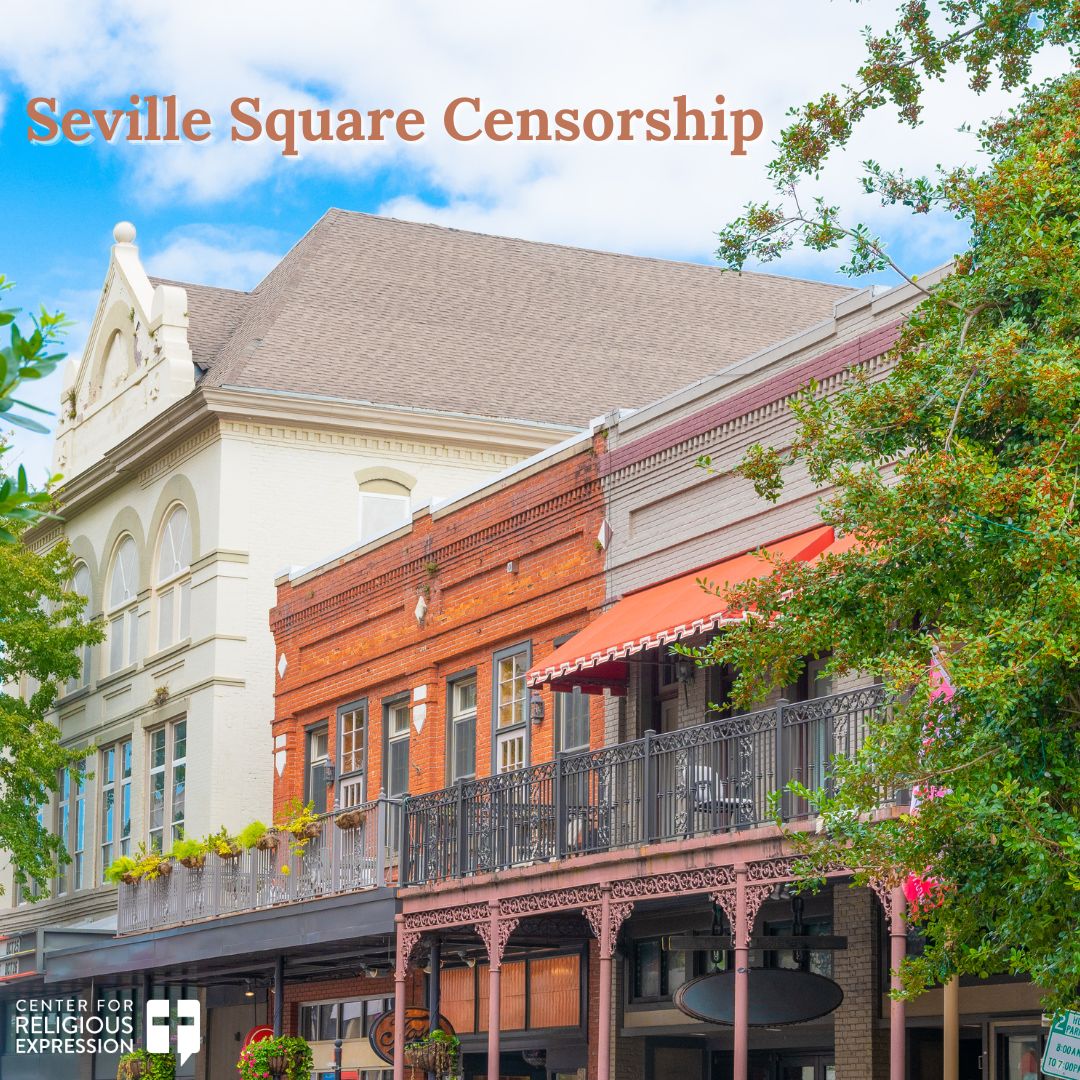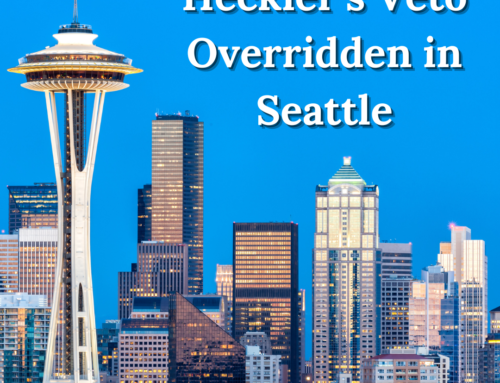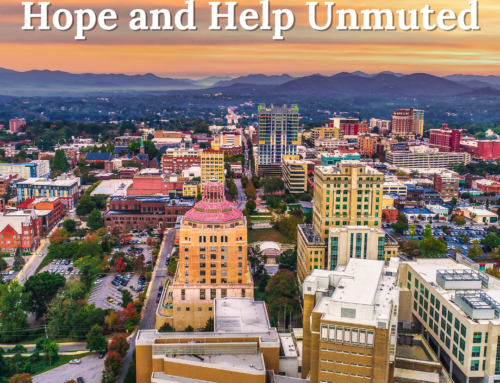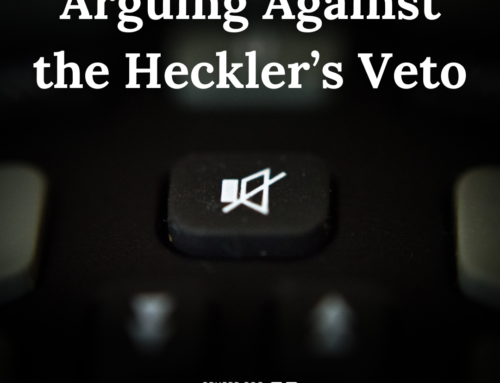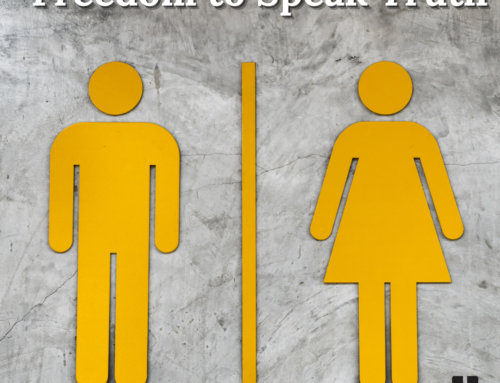CRE files lawsuit on behalf of Christian pastor who is banned from handing out free calendars and discussing faith on public sidewalk next to Seville Square during festival
Pensacola, Fla. — Center for Religious Expression filed lawsuit today on behalf of Bill Adams, Pastor of Smyrna Baptist Church in Pensacola, against the City of Pensacola and two city officials, seeking relief from a policy that allows groups who obtain Special Event permits for Seville Square Park to squelch disfavored speech in the park and on bordering sidewalks. This policy adversely affected Pastor Adams on June 16, 2012, as he tried to hand out free calendars and talk about his Christian faith on a city sidewalk between Government Street and Seville Square while PenscolaPRIDE’s “Festival in the Park” was taking place in the park. Because the festival organizer did not want his Christian speech there, Pensacola police department forced Adams to leave under the threat of arrest.
Though the Festival in the Park event was free and open to the public, and the bordering sidewalks remained public thoroughfares throughout the event, Pastor Adams was not allowed to hand out calendars with an evangelistic message on the back. CRE wrote a letter to various city officials on June 22, 2012, requesting relief from the ban, so Pastor Adams could return to the sidewalk and share his views during the 2013 Festival in the Park, but no official responded to his plea.
“All citizens enjoy the fundamental right to share their views in public places and there is hardly any place more public than a city sidewalk. This right extends to Pastor Adams and his Christian speech,” said CRE Chief Counsel Nate Kellum. “It’s silly that they would stop him – under the threat of criminal arrest – from handing out a free calendar with a gospel message.”
Kellum emphasized the benign nature of Pastor Adam’s speech. “Pastor Adams was not there to protest or denigrate anyone. He only sought to engage in friendly discussion, while handing out free calendars and sharing his faith. His opinion cannot be banished from a public domain just because someone happens to disagree with it.”
Kellum also disputed the suggestion that the sidewalk was temporarily private property. “As long as the area remains free and open to the general public, the sidewalk is public, not private.”

